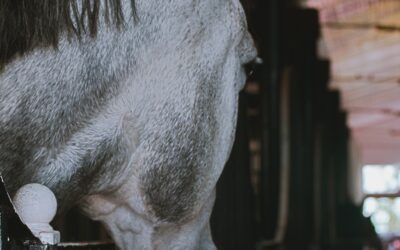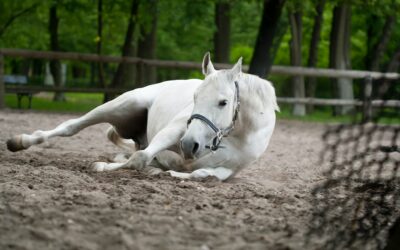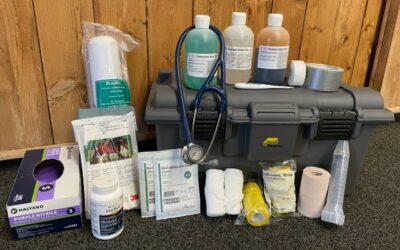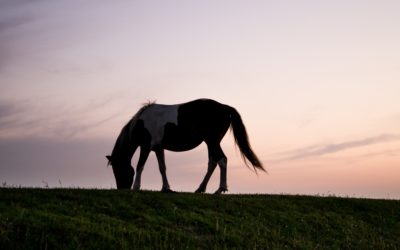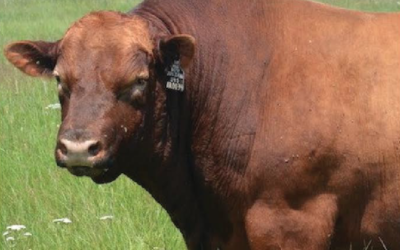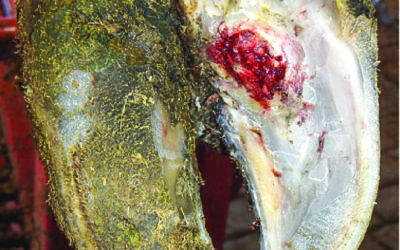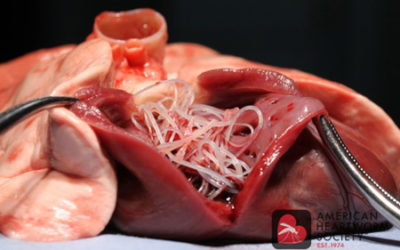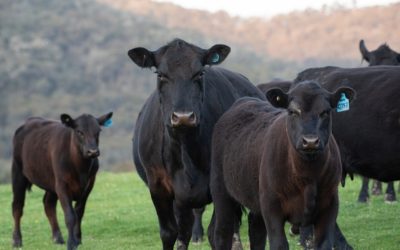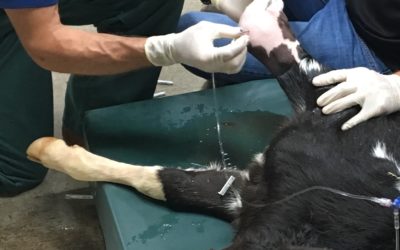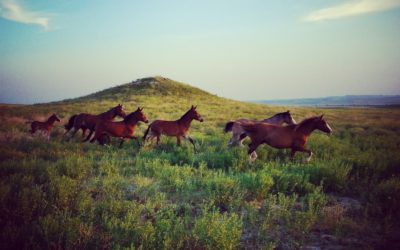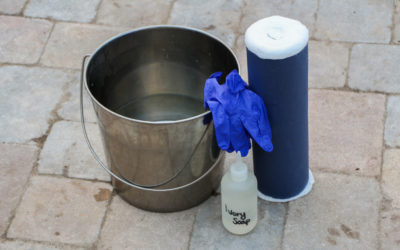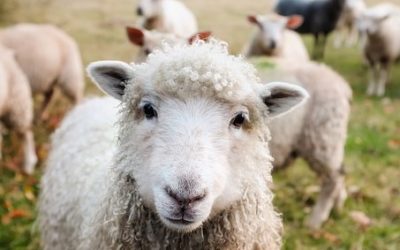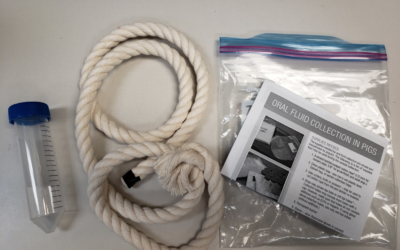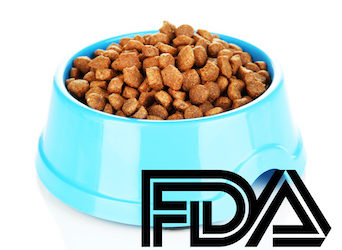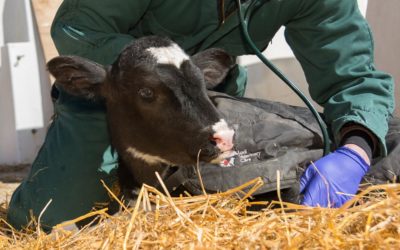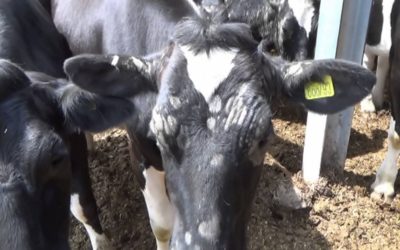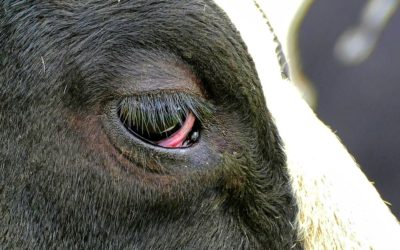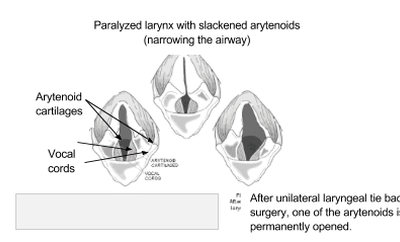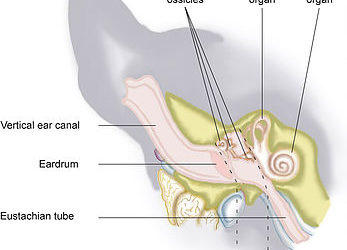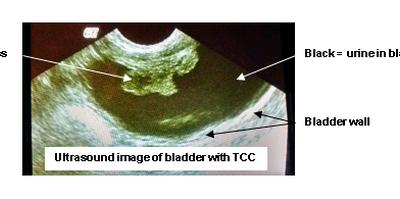Education Materials
Biosecurity on the Farm
We can all agree that the health of our horses is of the utmost importance to us. They are vulnerable to a number of transmissible diseases that can spread easily between horses. These diseases can cause a variety of symptoms, including respiratory signs, diarrhea, or...
Colic – What does the vet mean?
Colic is a very broad term, describing signs of abdominal pain in the horse. If you are somewhat unsure of what colic truly means, you are certainly not alone! Colic has a number of different causes, and each cause of colic comes with varying treatment options, and...
Your Horse’s First Aid Kit
Do you have a first aid kit prepared for your horses? While a first aid kit is not meant to substitute veterinary care, it can be incredibly helpful in emergencies to help stabilize your horse until the vet can attend. Your kit will include essential equipment, as...
Why your veterinarian should be the one vaccinating your horses
When it comes to the safety and health of your four-legged companions, vaccination is an area where we don’t want to make compromises! Many of the diseases we routinely vaccinate for are very serious, if not fatal for your horse. Having a veterinarian vaccinate your...
Bull Breeding Soundness Exam
Spring is fast approaching and the breeding season is right around the corner. In order to ensure a successful breeding season, a bull breeding soundness exam (BSE) is essential. Most bulls are capable of breeding cows, however, some may be “sub-fertile” resulting in...
Don’t Let Your Herd Take a Step Backwards Due to Lameness
Most beef cows in the U.S. never see a hoof trimmer, nor do they need one. Our beef cows have been naturally selected for great feet and legs and don’t require much maintenance. Cattle on pasture have the ideal substrate to walk on: forgiving topsoil with adequate...
ProHeart 12 for heartworm disease prevention
One Dose. Once a Year. LVC is proud to now offer ProHeart 12 to our patients as a new option for heartworm prevention! ProHeart 12 is the only once-yearly injection to prevent heartworm disease and intestinal parasites in dogs. Heartworm disease is on the rise in...
Beef Cow Fall Program
Fall is an important time in the management of beef cows. Valuable management can include pregnancy exams, vaccinations, deworming and delousing. Pregnancy exams done in the fall can determine whether or not a cow is bred. Early determination of open cows can have a...
Mastitis Culture Aids in Treatment and Prevention Strategies
In recent years, the dairy industry has enjoyed steady improvements in milking equipment, cow environment, teat dips and genetics. While these improvements are notable, dairy producers are still faced with udder health challenges that range from fine tuning somatic...
Septic Arthritis in Cattle
Septic arthritis (commonly known as joint infections) are common in all breeds of cattle and can be life threatening to the animal. They are most commonly seen in young calves as secondary infections to umbilical (navel) infections shortly after birth. They may also...
Vitamin E and Selenium for Your Horse
Vitamin E and Selenium are involved in many systems within the body. Selenium is a mineral which is important for wound healing, stress tolerance, fetal development, healthy hair coat, and detoxification of drugs and other chemicals. In addition, selenium is critical...
Our Gallant Geldings and the Importance of Sheath Cleaning
If you have geldings and get dental work done on them regularly you will be used to this familiar question from your veterinarian: “Would you like his sheath cleaned today?”. While many owners have geldings that are patient enough to have their sheaths cleaned without...
LVC introduces a new procedure… Artificial Insemination and Embryo Transfer In Sheep and Goats
The advanced reproduction team at Lodi Veterinary Care is excited to announce Laparoscopic Artificial Insemination (AI) and Embryo Transfer (ET) procedures in sheep and goats. The laparoscopic AI procedure requires the animal to be lightly sedated, given a local block...
What You Need to Know Before Taking Your Pig to the Fair
Porcine Reproductive and Respiratory Syndrome (PRRS) and Porcine Epidemic Diarrhea Virus (PEDv) are common diseases present in pig populations. PRRS is a viral respiratory and reproductive disease which causes abortions and infertility in adult sows. PEDv is a virus...
Heartworm disease is on the rise in our area – keep your pets protected!
At Lodi Veterinary Care, we have seen at sharp increase in heartworm positive cases over the past year. We previously averaged 1-2 dog heartworm positive cases over this time, however, over the past six months, we have averaged 1-2 cases per month. This is scary!!...
Are grain-free diets harmful to your dog?
The FDA is currently researching a potential link between grain free dog food and development of heart disease. Grain-free food may lack taurine, an essential ingredient for your dog's heart health. Grain-free dog foods are high in carbohydrates, such as peas,...
Managing Calf Scours
Scours, or diarrhea, is a common illness of young calves and one of the leading causes of mortality prior to weaning. Affected calves may suffer from decreased appetite, weakness, and eventual death from dehydration or electrolyte imbalances. Fortunately, scours can...
The contagious truth about ringworm – let’s keep it out of our county fairs!
What is Ringworm? Ringworm is a common fungal infection of livestock that is caused by several different organisms called dermatophytes. The most common type to affect cattle is called Trichophyton verrucosum. How is ringworm transmitted? The organisms that cause...
A Different Breed of Pinkeye Emerges… Is a Different Breed of Vaccine the Answer?
What is pinkeye? Pinkeye is a very painful and bothersome disease of cattle that has changed greatly in recent years. Traditional pinkeye (Moraxella bovis) is a summertime, pasture-based problem, easily treated with antibiotics. Modern pinkeye (Moraxella bovoculi ) is...
Feline Diabetes Mellitus
Diabetes mellitus is a common problem in cats. Caring for a diabetic animal requires some effort, but most pets remain happy and comfortable. Successful patient management requires a team effort between you and our veterinary care team. What is diabetes mellitus?...
Laryngeal Paralysis
The larynx (or voice box) is a structure located in the throat that helps direct air into the lungs and food into the esophagus. Its function is important in preventing food/water from entering the lower airways when swallowing. The larynx opening and closing is...
Vestibular Disease
The vestibular system is a combination of sensing receptors in the middle ear which help us determine our orientation and movement. These receptors then send signals via nerves to parts of the brain that help us maintain balance and coordinate our movements. If any...
Transitional Cell Carcinoma (TCC)
Transitional Cell Carcinoma (TCC) is a cancer of the urinary bladder. Transitional cells are the cells that line the bladder wall, TCC is a cancer that arises from these cells. The exact cause is unknown, however, an increased risk of this cancer is found in certain...
Keratoconjucntivitis Sicca (KCS)
Keratoconjunctivitis sicca, otherwise known as KCS or Dry Eye is a condition in which tear production is abnormally low. Symptoms may include one or more of the following: Dry appearance to the eye Increased thick ocular discharge Conjunctivitis – red/inflamed eyes...

